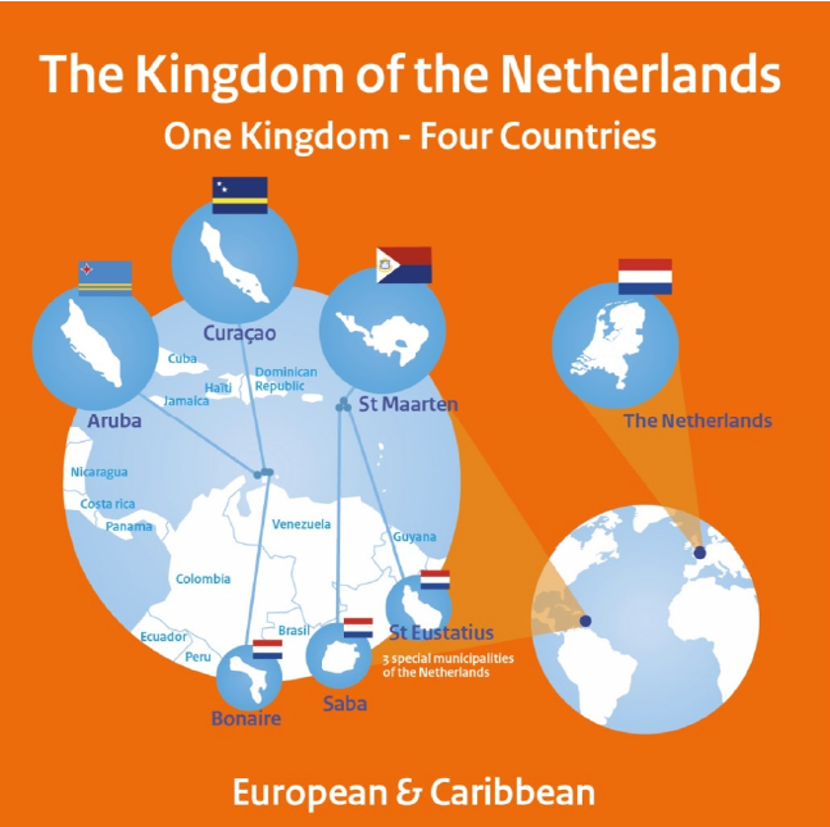“Decolonization was completed in 1955”

PHILIPSBURG – The Parliamentary Committee for Constitutional Affairs and Decolonization has lost most of its luster already before its first meeting, given the Dutch government’s reply to a lawsuit filed by the Pro Soualiga Foundation. In a detailed 88-page brief, attorney Charles Rutte demonstrates that there is no decolonization to be completed, because that process was already concluded 65 years ago on December 15, 1955.
The Pro Soualiga Foundation demanded in its lawsuit that the court declares the Kingdom Charter a violation of article 73 of the United Nations Charter and of the right to self-determination.
Rutte notes that all demands are based on the assumption that establishment of the Kingdom Charter violates article 73 and the right to self-determination. Apart from the fact that, according to the Civil Code, legal claims expire after twenty years (unless the law stipulates otherwise), the foundation “assumes incorrectly that a full measure of self-government can only be achieved through independence.”
But the UN Charter defies that notion. A full measure of self-government can be achieved through: 1. Emergence as a sovereign independent state; 2. Free association with an independent state; and 3. Integration with an independent state. All three options are subject to one crucial condition: the choice for either one of them must be voluntary.
“A territory can be self-governing and still be subjected to a certain manner of higher supervision,” Rutte writes in his brief, thereby countering the foundation’s criticism of the role of the Governor. “The only condition is freedom of choice.”
In 1954 the Netherlands Antilles and Suriname both opted freely through their representative bodies for the legal order as it is established in the Kingdom Charter. “At that time the Netherlands Antilles and Suriname exercised their colonial right to self-determination and thereby they were no longer subjected to article 73 of the UN Charter.”
Willem Kernkamp, the Dutch Minister of Overseas Territories declared in 1952 that “the Netherlands Antilles and Suriname have achieved a full measure of self-government and that their democratically elected governments agree with this.”
On March 30, 1955, the Dutch representative at the United Nations sent a letter to UN Secretary General Dag Hammerskjöld with the Kingdom Charter as an attachment. On December 15, 1955, the General Assembly of the UN accepted the letter (and the charter) noting that “the peoples of the Netherlands Antilles and Suriname have expressed through their freely elected representatives, their approval of the new constitutional order.”
The UN took the Netherlands Antilles and Suriname off its list of non-selfgoverning territories. “This confirms the achievement of a full measure of self-government,” attorney Rutte duly notes.
From his brief, it appears that political attempts to “complete decolonization” are delusional at best: “Article 73 of the UN Charter does not apply any longer after the establishment of the Kingdom Charter. The decolonization of the Netherlands Antilles was completed in 1955.”
Furthermore Rutte notes that the countries (these days: St. Maarten, Aruba and Curacao) have the option to unilaterally leave the kingdom’s legal order.
The brief also emphasizes that St. Maarten has exercised its post-colonial right to self-determination through the referendum of June 23, 2000. On that occasion, 69.99 percent of the electorate voted in favor of becoming an autonomous country within the Kingdom of the Netherlands.
Lastly, Rutte refers to the preamble of the Kingdom Charter: “Considering that Curacao and St. Maarten each have declared freely to accept this legal order as a country.”
Article 73 of the UN Charter will never be able to save the day for the Pro Soualiga Foundation or for the proponents of the “completion of the decolonization-process” in Parliament – even if it was applicable – because St. Maarten has freely chosen for the status of autonomous country.
Photo image taken from: One Kingdom – Four countries @ Netherlandsandyou.nl

























